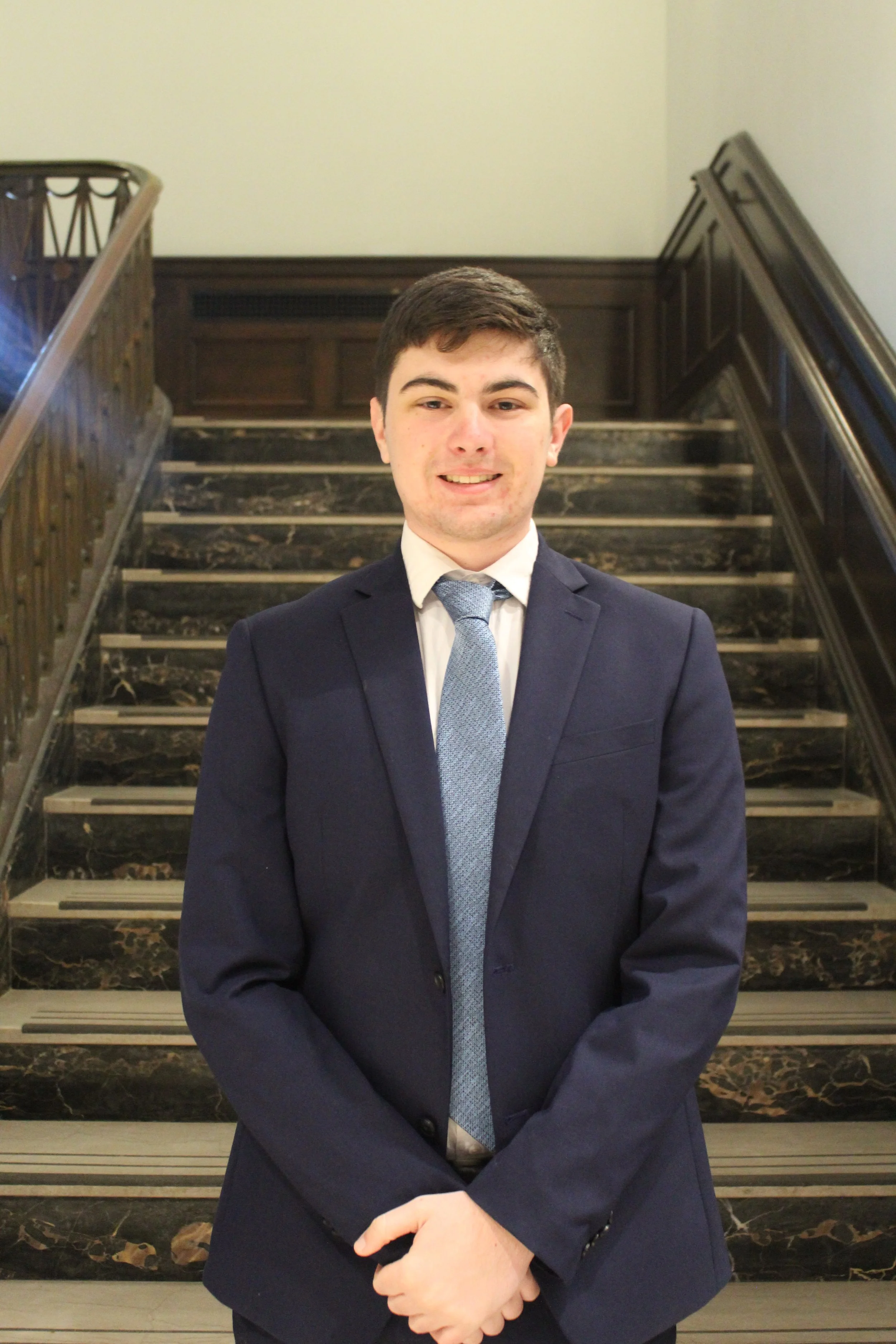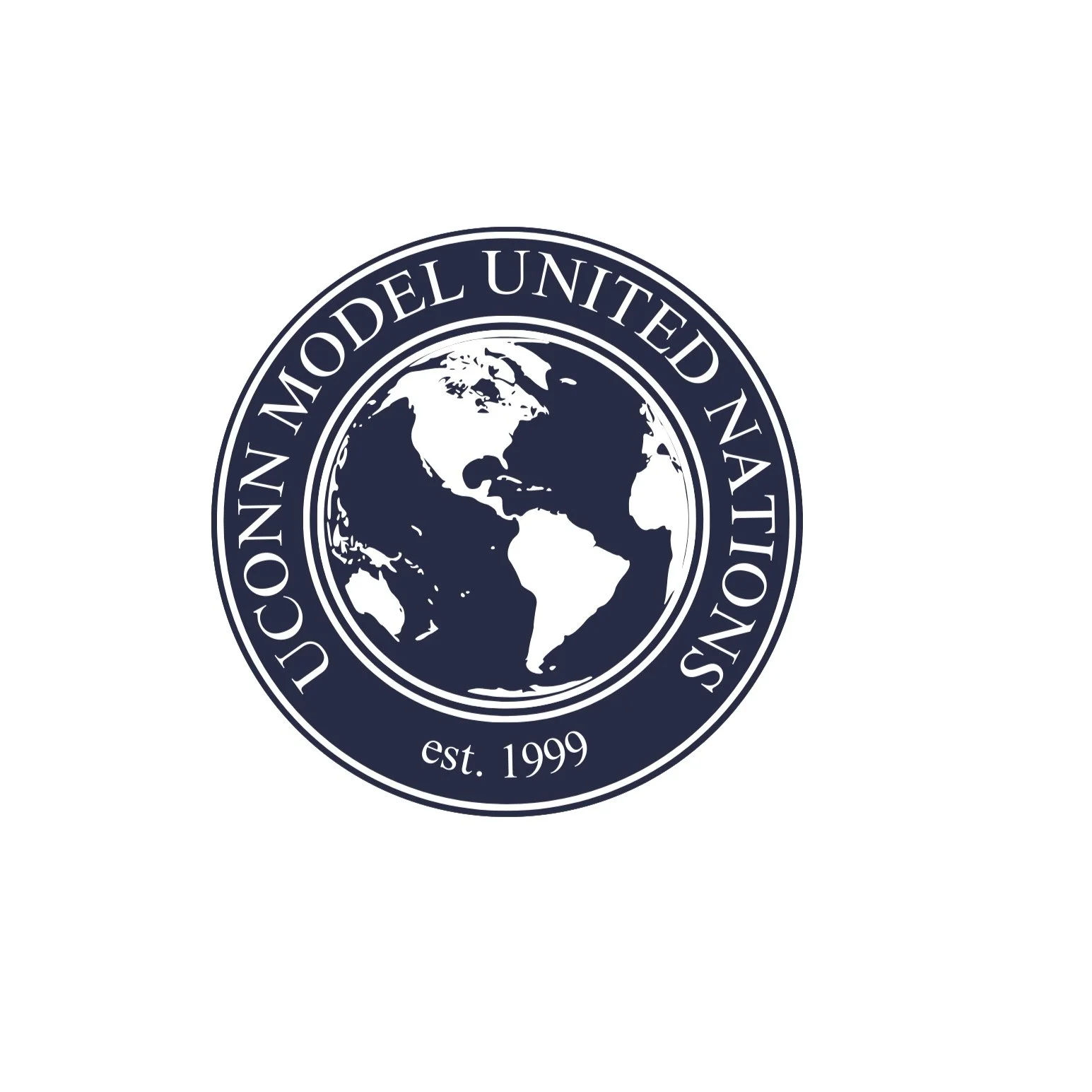Topic A: Preventing Human Right violations in Libya
Libya is in a current civil war after the overthrow of the former President Muammar Gaddafi. He ruled for decades without and gave the order to shoot at a peaceful protest on human rights for the citizens of Libya. Khalifa Haftar is the current general of the Libyan National Army (LNA) which allies itself with the Tobruk-led House of Representatives (HoR). A conflict arose between the LNA and HoR with the Tripoli-led General National Congress (GNC). The GNC is the former congressional body that was created to transfer Libya into a democratic country. In 2015 a government body formed with the help of the UN called the Government of National Accord (GNA). It was created with the LNA, HoR, and GNC but the LNA and HoR eventually pulled out of the agreement. In 2021, the Government of National Unity (GNU) was formed which had the goal of bringing together the GNA, still supported by the former GNC, and the LNA and HoR. The HoR voted to form the GNU but in 2022 they passed a vote of no confidence and created the Government of National Stability (GNS). Libya is currently under dual power divided by the west with the internationally recognized GNU and the east with the non-recognized GNS. Both sides of the current civil war have committed various violations of human rights, such as lack of disaster management, anti-cyber laws that violate rights of free expression, and prolonged detention without trial. Delegates will discuss what actions to take to protect the citizens of Libya and to uphold international human rights law.
Topic B: Addressing Maritime border violations in the Aegean Sea
Maritime borders are imaginary lines 12 nautical miles, translated to roughly 13 miles, off the shore of a country. Maritime borders are vital because they define a nation's sovereignty. It protects resources, defines economic regulations, and protects nations from military bases on their coastal borders. These borders create disputes between countries like jurisdiction, resources, and what country an island belongs to. The Aegean Sea is located between Greece and Türkiye and is home to dozens of islands and resources. The problem in the Aegean Sea is the zone of influence Greece has compared to the zone of influence of Türkiye. Zones of influence include where a country can place military bases, regulate commerce, and expand their cities. Greece controls many islands in the Aegean Sea; some of which prevent Türkiye from expanding their area of influence. Both countries have differing interpretations of maritime law, primarily because Türkiye has not signed up for the Convention of Continental Shelf, which gives coastal countries sole ownership of the exploration and natural resources of the continental shelves, nor the superseding United Nations Convention on the Law of the Sea, which establishes rules related to maritime borders, resource use, and environmental protections. These differences in law create conflict between the economic zones related to maritime borders and the militarization of islands. Legal aims to develop international law between conflicting countries and maintain peace between involved countries.
Meet your Dias!
Kyle Jinks, Director
Kyle is a junior from Falls Church, Virginia. He is studying for a major in Political Science and a minor in Public Policy. This is his 3rd UCMUN Conference and 1st as a director. He was the AD of DISEC and ECOFIN in the past. He had no experience in High School but really enjoys the conferences now. Outside of UCMUN he has plays Club Lacrosse at UCONN as a long pole defenseman and has played for the past 11 years. He enjoys watching great movies like Gladiator and Ready Player One. He also loves traveling and is hoping to visit Italy or Spain sometime soon. He also hopes for a great conference and can’t wait to meet everyone in his LEGAL group. If you have any questions email kyle.jinks@uconn.edu.
Mansi Goketi, Topic Specialist
Mansi Goketi is a sophomore majoring in Business Finance on the Pre-Law track at UConn. This is her first year participating in Model UN, and she is excited to contribute as a Topic Specialist for the LEGAL committee. Beyond Model UN, Mansi is actively involved in several campus organizations, including the UConn Law Society, Knit4NICU, and Women in Politics. She also volunteers with Cross Cultural Connections, a community service group that supports international students at UConn. In her free time, Mansi enjoys painting, crocheting, dining out with friends, and running. She looks forward to meeting all the delegates!



